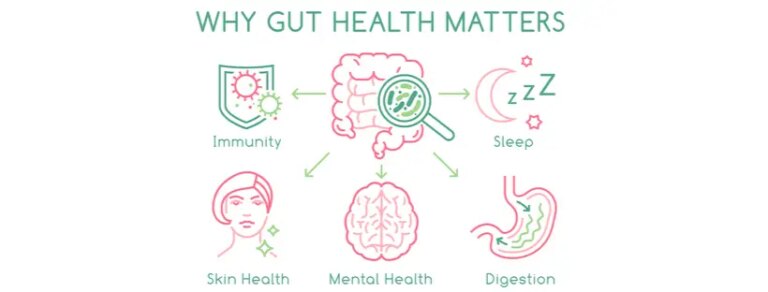With a noted rise in colorectal cancer cases in those under 50, the colorectal cancer screening age has dropped from 50 to 45. The recommendation aligns with the American Cancer Society, which made the same suggestion back in 2018. This is a hopeful step because colorectal cancer (CRC) is actually quite preventable thanks to its slower progression. With the increased availability of screening tests, the malignancy is detected early. In turn progress is intercepted. (1)
Colorectal Cancer Screening Age Change
Thanks to screenings, diagnoses in those over 50 have continued to decline. Unfortunately, cases have risen for those under 50. “A concerning increase in colorectal cancer incidence among younger individuals (i.e., younger than 50 years; defined as young-onset colorectal cancer) has been documented since the mid-1990s, with 11% of colon cancers and 15% of rectal cancers in 2020 occurring among patients younger than 50 years, compared with 5% and 9%, respectively, in 2010,” says Kimmie Ng, MD, MPH, director of the Young-Onset Colorectal Cancer Center at Dana-Farber Cancer Institute. However, why cases continue to rise is unknown. (1)
Colorectal Cancer Screening Age Study
By lowering the age, Ng says that cases will be caught earlier for millions more people in the U.S. And as a result, of course many more lives will be saved. He also says it could even help prevent colorectal cancer. The latest study was performed by the U.S. Preventive Services Task Force (USPSTF). They review the effectiveness of preventive services in order to provide recommendations. The research reviewed by the task force found earlier initiation of screening proved more effective at preventing early deaths. It also saw only a small increase in complications related to the colonoscopies. (1)
Insurance And Colorectal Cancer Screening Age
American health insurance groups must provide the services the USPSTF recommends with a grade A or B level of evidence at no charge. In this case the screening includes the costs for colonoscopies and stool tests. These tests are most effective for early detection of colorectal cancer. Right now just 68.8% of those eligible for screening actually undergo the test. This rate is even lower for those under or uninsured which tends to be those with low incomes, or of ethnic or racial minorities. Because many in this group miss out on screenings due to issues such as lack of access to information and healthcare providers recommending screening, public awareness campaigns regarding mortality rates in minorities might help encourage more screening. It could also help reduce worries about the test itself. (1)
Colorectal Cancer Screening Age Under 45
Most young-onset colorectal cancer diagnoses and deaths happen in those 45 to 49. However, increases in incidence are highest in the very youngest patients at 2% per year in the 20 to 29 age group. This compares to almost half in the 40 to 49 age group at 1.3%. As well, for rectal cancer, which many people don’t realize is a different form of cancer, it is even higher. In this case increases of 3.2% per year occur in the younger age groups, compared to 2.3% for those 40 to 49. “We are now seeing patients even younger than 45 — in their 20s and 30s — who are being diagnosed with this cancer and often at very late stages,” says Ng. “Clearly the USPSTF recommendation to start screening at age 45 will not be enough to catch those young people who are being diagnosed.” (1)
The authors of the study hope the changes will help reduce colorectal cancer incidence and mortality. (1)
Source:


















